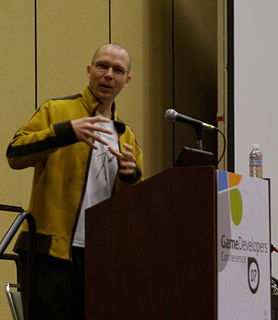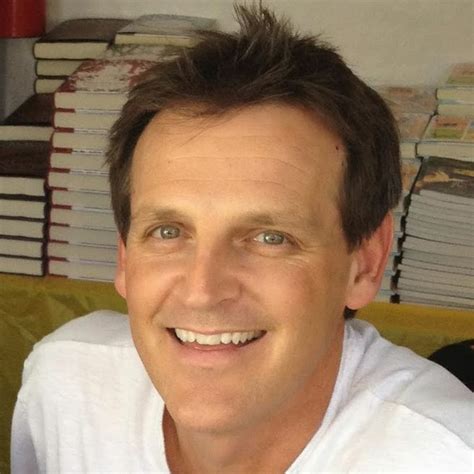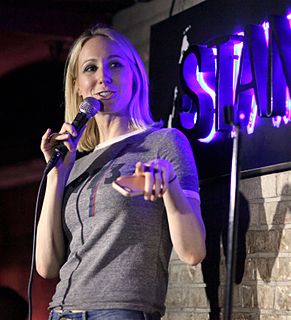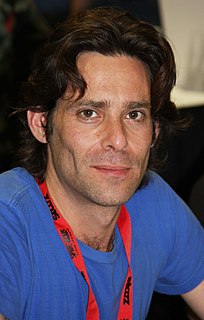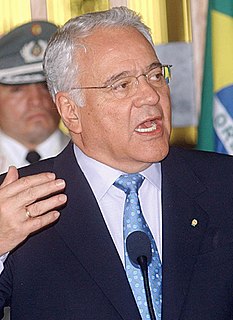A Quote by David Mamet
Listen, here's the thing about an English degree - if you sat somebody down and asked them to make a list of the writers they admire over the last hundred years, see how many of them got a degree in English.
Related Quotes
You know, in college, I never got either degree, but I was a double-major in Computer Science and English. And English at Berkeley, where I went to school, is very much creatively-driven. Basically, the entire bachelor's degree in English is all about bullshitting. And Computer Science, which was my other major, was exactly the opposite of that. You had to know what you were doing, and you had to know what you were talking about.
Oh my research. Well, I got an English Degree. And I got that degree in a certain time/at a certain place. If you add UC Berkeley + 1984 the other side of the = is "new historian" meaning that I studied with and was influenced by those who were interested in how the personal shaped the political (and literary), how science and literature might interact, and what the body got to do with it.
I'm pretty caring, loyal and loving to those who are close to me. Two of my friends are from school, so I've known them for more than 30 years. My best friend, Paul Fisher, sat next to me in English when I was ten or 11. If you asked him, he'd say I was loyal. I don't think I've changed over the years.
Now if you not only support them through that pregnancy, but now provide childcare for them so they can go back to school and get their GED or their associate's degree or bachelor's degree or their master's degree, learn how to take care of themselves, teach their baby how to take care of themselves so that you break the cycle of the dependency.
Read a lot. But read as a writer, to see how other writers are doing it. And make your knowledge of literature in English as deep and broad as you can. In workshops, writers are often told to read what is being written now, but if that is all you read, you are limiting yourself. You need to get a good overall sense of English literary history, so you can write out of that knowledge.
By being so long in the lowest form [at Harrow] I gained an immense advantage over the cleverer boys. . . . I got into my bones the essential structure of the ordinary British sentence - which is a noble thing. Naturally I am biased in favor of boys learning English; I would make them all learn English: and then I would let the clever ones learn Latin as an honor, and Greek as a treat.
I've been acting for years and years, at prep school - school plays, that kind of thing. That was always very high on my agenda. I went to study English for two reasons. Principally because when I was in university, studying drama wasn't considered an option. You couldn't get a degree course for it. And so many plays and things that I was interested in landed themselves in a broader spectrum of literature.

